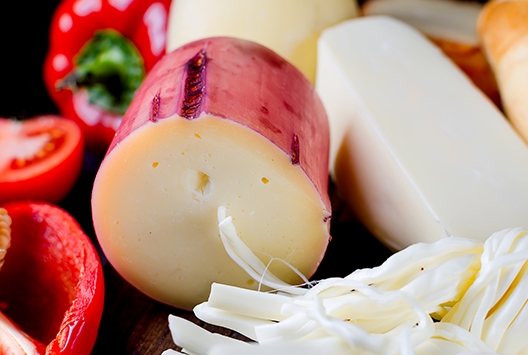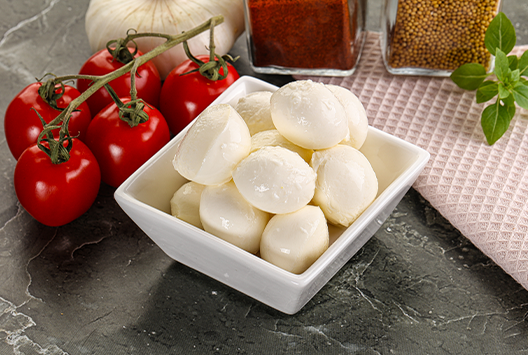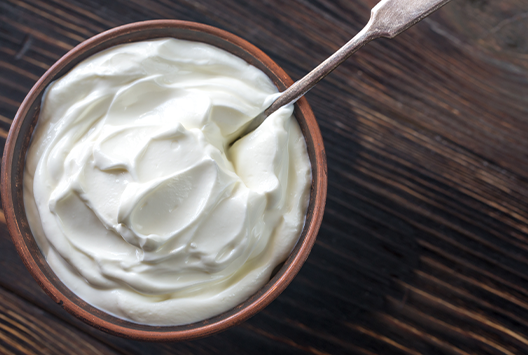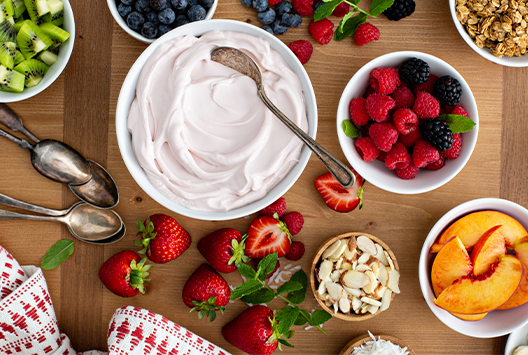
Does Dairy Cause Inflammation? Here's An Overview
Similar
Dairy has been a staple in the American diet for decades. It is a significant source of calcium, vitamin D, and other critical nutrients for bone health. However, there is a potential link between dairy consumption and chronic inflammation.
The latter may lead to numerous health problems like diabetes, heart disease, and cancer. So, does dairy cause inflammation? Let's talk about it.
The case against dairy
A main argument against dairy is that it contains a protein called casein, which some people may be allergic to or intolerant to. Casein makes up about 80% of the protein in cow's milk and is also found in other dairy products like cheese and yoghurt. When exposed to casein, the body can trigger an immune response that leads to inflammation. This reaction is more common in people with dairy allergies or intolerances.
Another potential cause of inflammation is the saturated fat content in dairy. Saturated fats have been connected to heart disease and other cardiovascular issues. One study suggests that a high intake of saturated fat can trigger inflammation. Dairy products like butter, cheese, and whole milk are high in saturated fat, which could be problematic.
The case for dairy
Despite the concerns about dairy, many health experts still recommend it as part of a healthy diet. Dairy is an excellent source of calcium, which is essential for bone health. It also contains other nutrients like vitamin D, potassium, and magnesium. All of these nutrients are necessary for overall health and well-being.
Furthermore, some studies suggest that dairy may have anti-inflammatory effects. For example, a study found that dairy consumption was linked to lower levels of C-reactive protein (CRP), a good indicator of inflammation. According to another published article, consuming dairy products regularly, such as yoghurt and milk, was associated with a lower risk of developing type 2 diabetes.
So, what's the verdict?
While some studies suggest that dairy is a potential cause of inflammation, others suggest it may have anti-inflammatory effects. It's also worth noting that not everyone reacts to dairy similarly. Some people may be more sensitive to casein or saturated fat than others.
The best approach is to listen to your body. If you notice that consuming dairy products causes discomfort or inflammation, it may be worth cutting back or eliminating them from your diet. On the other hand, if you tolerate dairy well and enjoy it as part of a balanced diet, there's no need to cut it out.
The quality of the dairy products you consume is also worth considering. Opt for high-quality, organic dairy products whenever possible. Organic dairy products come from cows not treated with antibiotics or hormones and not fed with pesticides and other harmful chemicals. This means their milk and dairy products are of higher quality and contain fewer toxic substances that could trigger inflammation.
Final Thoughts
The relationship between dairy and inflammation is not clear-cut and varies from person to person. Observe how your body reacts to dairy and make choices based on your needs and preferences. Choosing high-quality, organic dairy products can also help reduce the potential for inflammation. A balanced, nutritious diet is vital to overall health and well-being. If you have concerns about dairy and inflammation, speaking with a registered dietitian or healthcare provider is always a good idea.
Baladna takes pride in being the best dairy and beverage company in Qatar. We offer a wide selection of high-quality, organic dairy products, including milk, yoghurt, laban, cheese, and more. Order Baladna products to enjoy the benefits of organic dairy!



